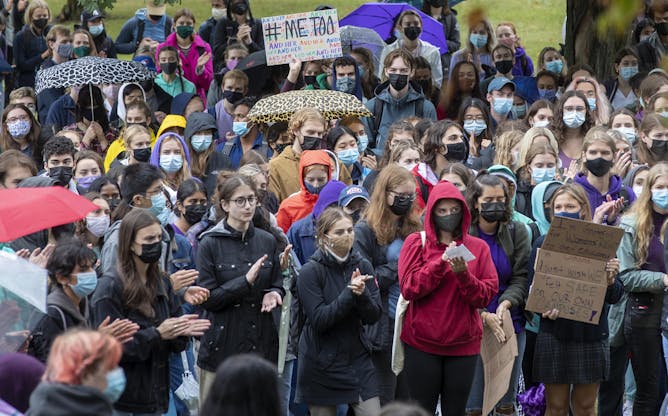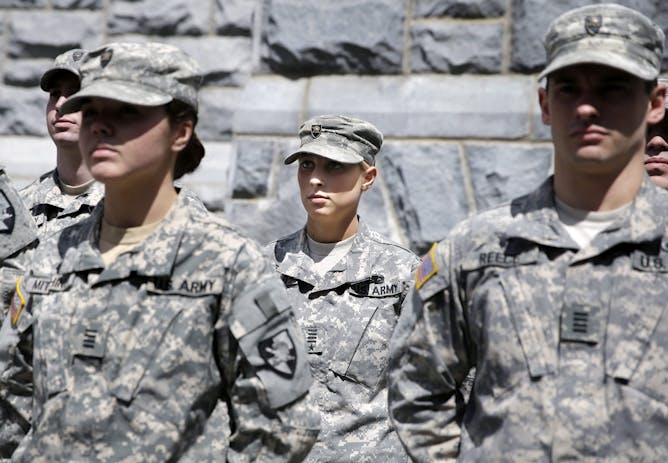|
Today in The Conversation Canada, as the Manitoba provincial election gets underway, Frank Deer, Canada Research Chair at the University of Manitoba raises a concern about the moral responsibilities of leadership.
Manitoba Premier Heather Stefanson has stated her government will not be funding a search for three murdered Indigenous women at a Winnipeg-area landfill due to safety concerns. But criticism of her decision has been growing. As an Onkwehonwe (Native) scholar who studies morality and ethics in communal and societal contexts, and as someone who experienced the Oka crisis of 1990 in his home community of Kahnawake, Prof. Deer calls the decision both callous and immoral but also, “alarmingly familiar.”
Yes, a landfill search would be expensive, yes, it may be risky and it may not yield the exact results wanted. However, the current trauma being experienced by the Indigenous families and the community is significant. He says, searching the landfill would help bring emotional closure to a traumatic situation. And he adds: “That alone should make the decision to search rather straightforward.”
Also today:
|

An ethicist calls the government’s decision to not support a search for murdered Indigenous women immoral. Pictured here is a protest to support the search in Winnipeg.
(THE CANADIAN PRESS/John Woods)
Frank Deer, University of Manitoba
Manitoba’s provincial government has declined to support a search for three murdered Indigenous women, citing health and safety concerns. An ethicist explains why this decision needs to be rethought.
|

Sexual and gender-based violence can seem like an insurmountable problem, but interdisciplinary thinking encourages creative approaches to social change. Queen’s University students in Kingston, Ont., protest sexual assault on campuses in September 2021.
THE CANADIAN PRESS/Lars Hagberg
Rebecca Hall, Queen's University, Ontario
Faculty and university staff are embedding training to prevent gender-based and sexual violence into curricular goals of both arts and STEM classes.
|

Cadets stand together during training at the West Point military academy in New York state.
(AP Photo/Mel Evans)
Megan MacKenzie, Simon Fraser University
Rape myths dominate international media coverage of internal military sexual violence.
|

Les médecins ne sont pas nécessairement de bons vulgarisateurs ou n’ont pas toujours le temps d’expliquer tout dans les moindres détails.
(Shutterstock)
Isabelle Carignan, Ph.D., Université TÉLUQ ; Adèle Gallant, Université de Moncton; Annie Roy-Charland, Université de Moncton; Marie-Christine Beaudry, Université du Québec à Montréal (UQAM); Rony Atoui, MD, MSc, FRCSC, FACS, Northern Ontario School of Medicine
Le développement des compétences en littératie médicale permet aux patients de prendre des décisions plus réfléchies par rapport à leur propre santé. Mais un accompagnement adéquat est nécessaire.
|
Arts
|
-
Bridget Vincent, Australian National University
What AI-narrated audiobooks tell us about reading and big tech.
|
|
Health
|
-
Matthew Cherisch, University of the Witwatersrand
Africa has made good progress towards reducing maternal mortality and newborn deaths over the past decade. But climate change is reversing the gains.
|
|
Politics
|
-
Thaddeus Hoffmeister, University of Dayton
Trump’s lawyers, and those prosecuting him, aren’t the only ones grappling with the problem of finding unbiased jurors in the age of social media.
|
|